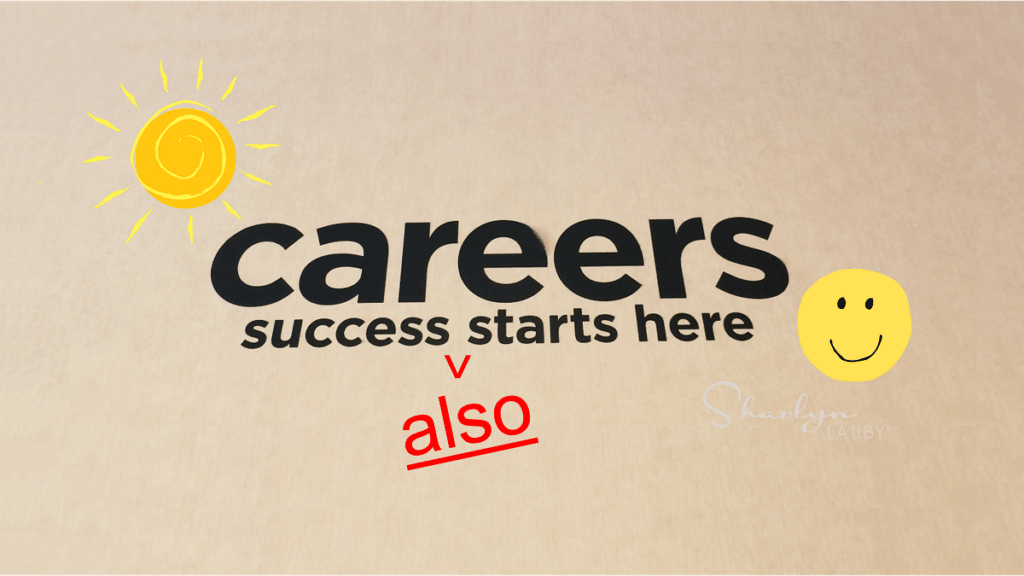In the first installment of this two-part series on career planning, we talked about the role organizations play in developing employees. Organizations, specifically managers, have to create the foundation for career planning success. But that doesn’t mean the company should assume all the responsibility.
Employees are an equal partner in their own career planning. Remember the definition of career planning is “the process of matching career goals with capabilities”. That can’t happen without employee involvement.
3 Skills Employees Need to Become Better Career Planners
If we view career planning in terms of employee career stages (i.e., early, mid, and late), this could provide employees with a roadmap of the skills they should consider developing. Keep in mind early career could be defined as an employee’s early career with the company, with a team, or in a particular role. The same holds true for mid and late careers.
Here are three different skills that employees can use to drive their own career plan and complement what the organization is doing:
- Self-Awareness and Self-Management. The very first step in successful career planning is knowing where the employee wants to go with their career. This has to come from the employee. It might be tempting to “talk an employee into” or “strongly encourage” them to take a role, but it could lead to employee disengagement and turnover. The solution is for employees to gain an understanding of what they enjoy doing, what they do well, and start developing opinions about their future. Then, they can share with their manager (or a prospective employer) their career aspirations.
- Problem-Solving. Speaking of solutions, we occasionally get stuck in our careers. Maybe we’re not moving up as fast as we would like. Or we’re trying to figure out whether to get a certificate, certification, or degree. And, we don’t always want to discuss it with our manager or human resources. Employees need to know a problem-solving model that will allow them to work through issues on their own. On a side note, having an employee know how to use a proven problem-solving model isn’t a bad thing for the organization either.
- Decision-Making. This aligns with the self-management and problem-solving. At some point, employees need to make the ultimate decision regarding their careers. And they need to make that decision in a way they’re comfortable with. Employees should know how and when they like to make decisions. Ideally, they should share that information with the organization so when they’re presented with an opportunity, the employee’s reaction is somewhat expected.
If organizations aren’t already doing it, they might want to consider adding some career planning related questions to their interview process – whether that’s for internal or external hires. Some sample interview questions include:
- Share a situation where you learned something about yourself. What was the situation and what did you learn?
- Describe the process you use when you have to solve a problem. How did the process help the final solution?
- Tell me about a time when you had to make a big decision. What was it and how did you go about making it?
Let Employees Take the Lead in Their Career Planning
Organizations are very involved in the process of career planning, but that doesn’t mean they can drive all the outcomes. Employees need to understand themselves and decide what they want their career to look like – both short- and long-term.
It’s also the employee’s responsibility to communicate those goals to management. Ultimately, that’s how managers can support the employee and their future plans.
Image captured by Sharlyn Lauby while exploring the streets of San Francisco, CA
The post Career Planning: The Employee’s Role in Driving Their Success appeared first on hr bartender.



0 Commentaires